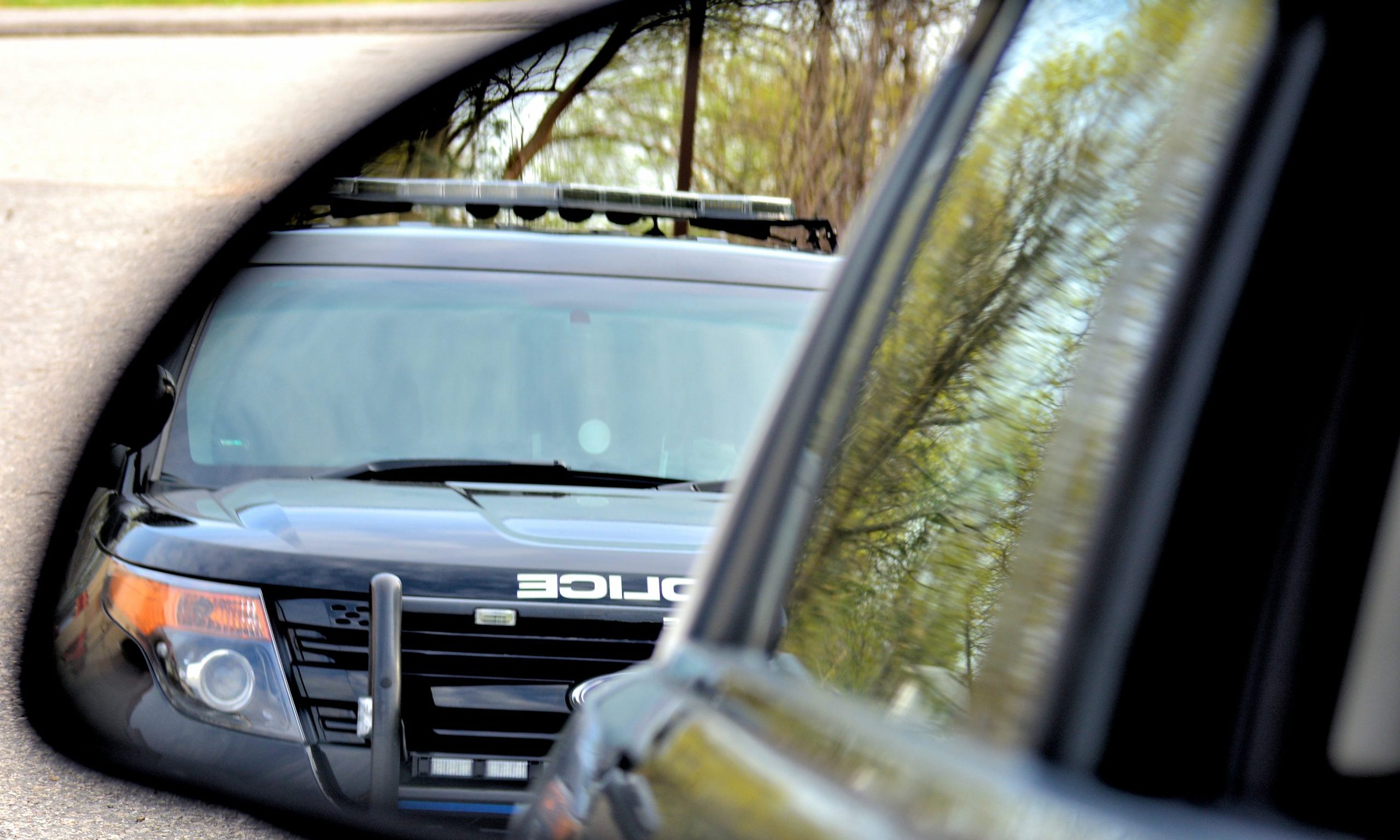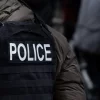I once was racially profiled by a police officer. This was a number of years ago. My wife and I were on our way to work (we both worked at The Birmingham News then). I was in a coat and tie, so this was before the newspaper relaxed its dress code.
We crossed under a yellow light just as it turned red. A police car quite a bit ahead of me but heading my direction, did a U-turn and hit the lights. I pulled over. The officer said I had run the light. I disagreed, telling him I crossed under the yellow. He disagreed and said he was going to ticket me. He had a partner with him, and I realized he was a training officer and just had to stop somebody so the rookie could see how it’s done.
OK, fine. I told him to write the ticket but I wanted him to check my driving record to see how many red lights I had been ticketed for running in the past (none). I could be a serial red-light runner, a menace to the public. The officer told me he didn’t have any way to check my driving record. I chuckled cynically and told him that of course he could check. I could check on any driver’s record from my computer at The News.
“Well, I’m not going to,” he said.
So I told him to check and see if I had warrants. I may have warrants, I said (I didn’t and don’t).
“You don’t look like you have warrants,” he said. And then it hit me. I had just been profiled. My white privilege and my business dress prevented anything more than a cursory look at who I was. I had a valid license and insurance. I was white and wore a tie. That was good enough for this cop.
When I returned to my car, my wife scolded me for being confrontational with the officer. But I was kind of hot. Even at that time in my life, I was already aware my African-American friends could have a substantially different and more negative interaction with a police officer.
Each semester I teach at UAB, I ask my black and brown students if they’ve ever been stopped while driving black (or brown). The number that respond affirmatively is striking, above even 90 percent. I’ve had students stopped and their cars tossed. I’ve had students stopped and handcuffed while the police “investigated.”
This broiling season of unrest that started with George Floyd’s murder at the hands of four Minneapolis police officers is not simply going to go away. While the protests will likely continue through the fall and perhaps even winter, there is a reason. Many reasons. Floyd and Breanna Taylor are two. Rayshard Brooks is another. So is Jacob Blake.
Indeed, there have been many unarmed black folks and even children either severely wounded or killed by police long before George Floyd’s neck was knelt upon.
Even with tensions so high and police departments across the nation under microscopes, the shootings and abuse continue. The police clearly need better training.
Some officers are trained that every interaction they have with the public (and especially the black and brown public), is a dangerous interaction. They are quick to the trigger – seven times in the back, in Blake’s case — or to create a deadly custody. Even before this story is published, it would not be unusual for there to be another serious interaction between a police officer and a black or brown citizen.
Incidents occur all over the country, and even in Alabama. On Thanksgiving night in 2018, E.J. Bradford lost his life because a careless Hoover police officer shot first and asked questions later. Bradford wasn’t even facing his killer. Of course, as what usually happens, the cop got away with it.
Don’t for a second believe that this nation doesn’t have systemic racism permeating in city, state, and federal agencies, many of them law enforcement agencies. Our whole history is about deep-rooted racism.
My students should not have to have “the talk,” and I’m not referring to the birds and the bees. I’m referring to my black and brown students who have to be advised by their parents how to act around police if they get stopped: “Be polite.” “Keep your hands on top of the steering wheel.” “Do not reach into your pocket or glove box for your auto information with the explicit permission of the officer.”
“Pray.”
Our president tweets “LAW & ORDER.” He doesn’t follow the law or keep order himself. Instead, he stirs up dissent in a desperate and hopefully futile attempt to win re-election.
It just shouldn’t be that way. But it is.
Because, as Childish Gambino warns, this is America.

















































